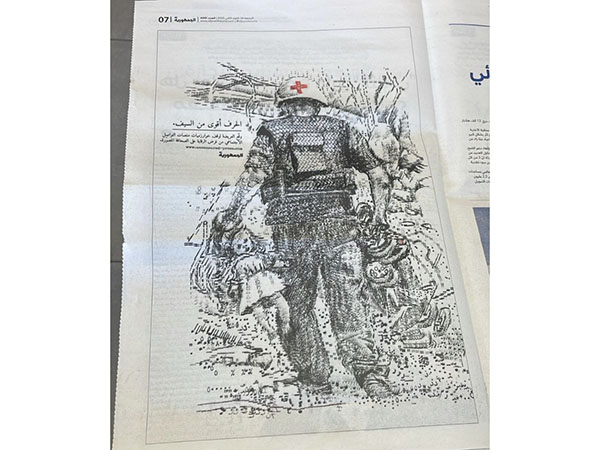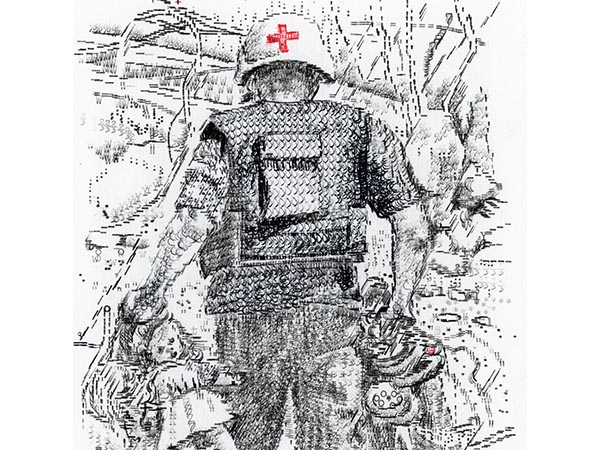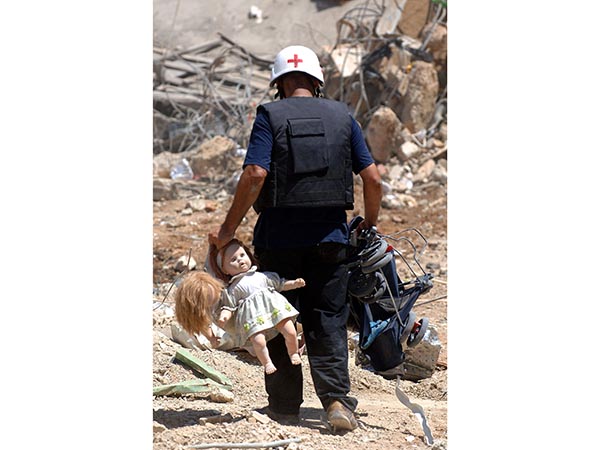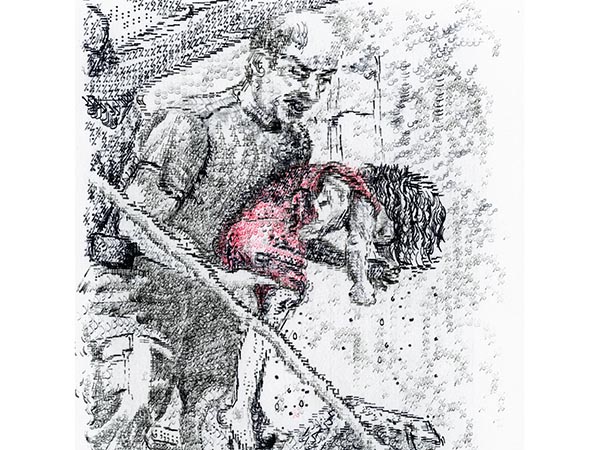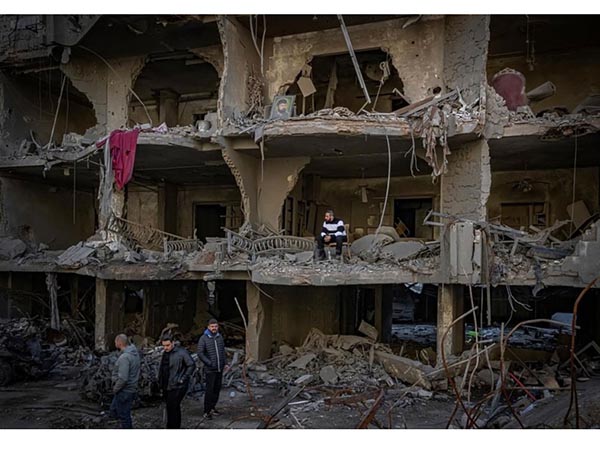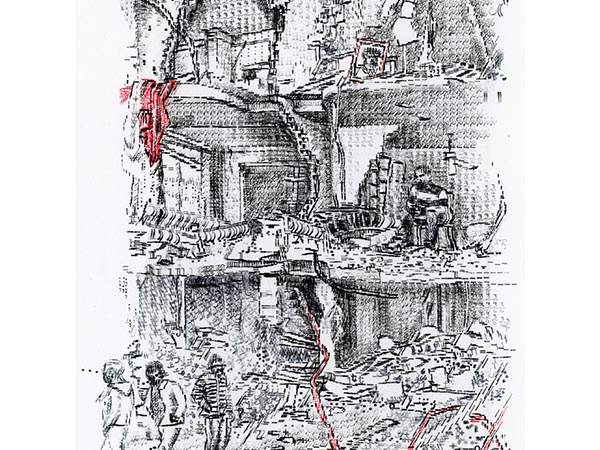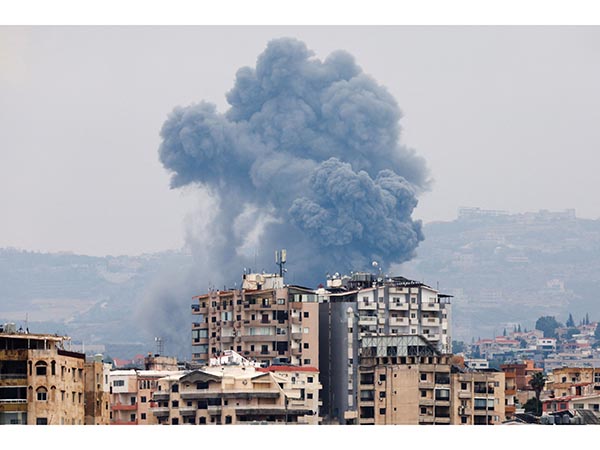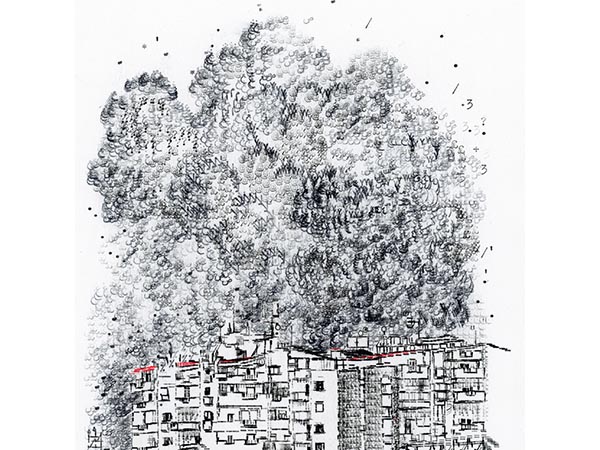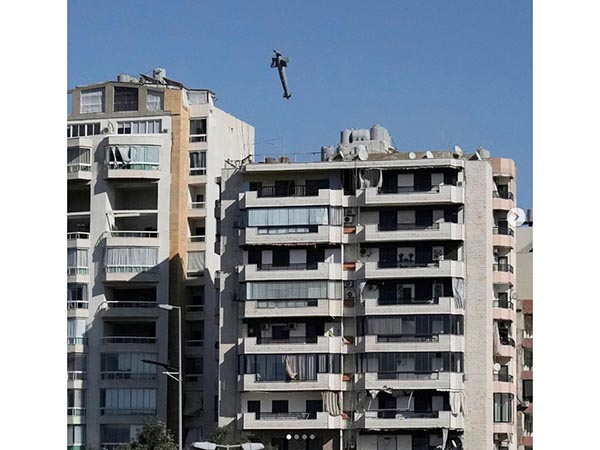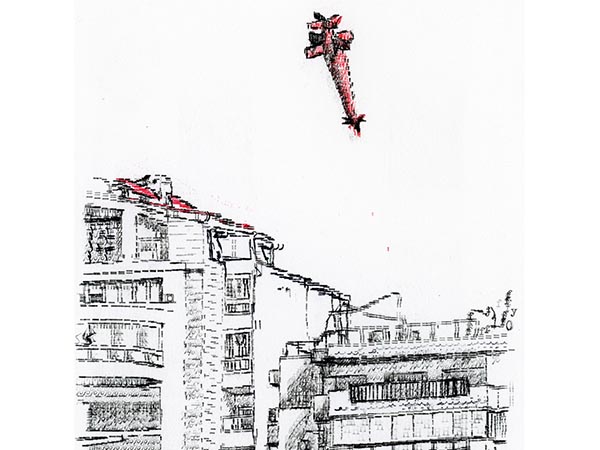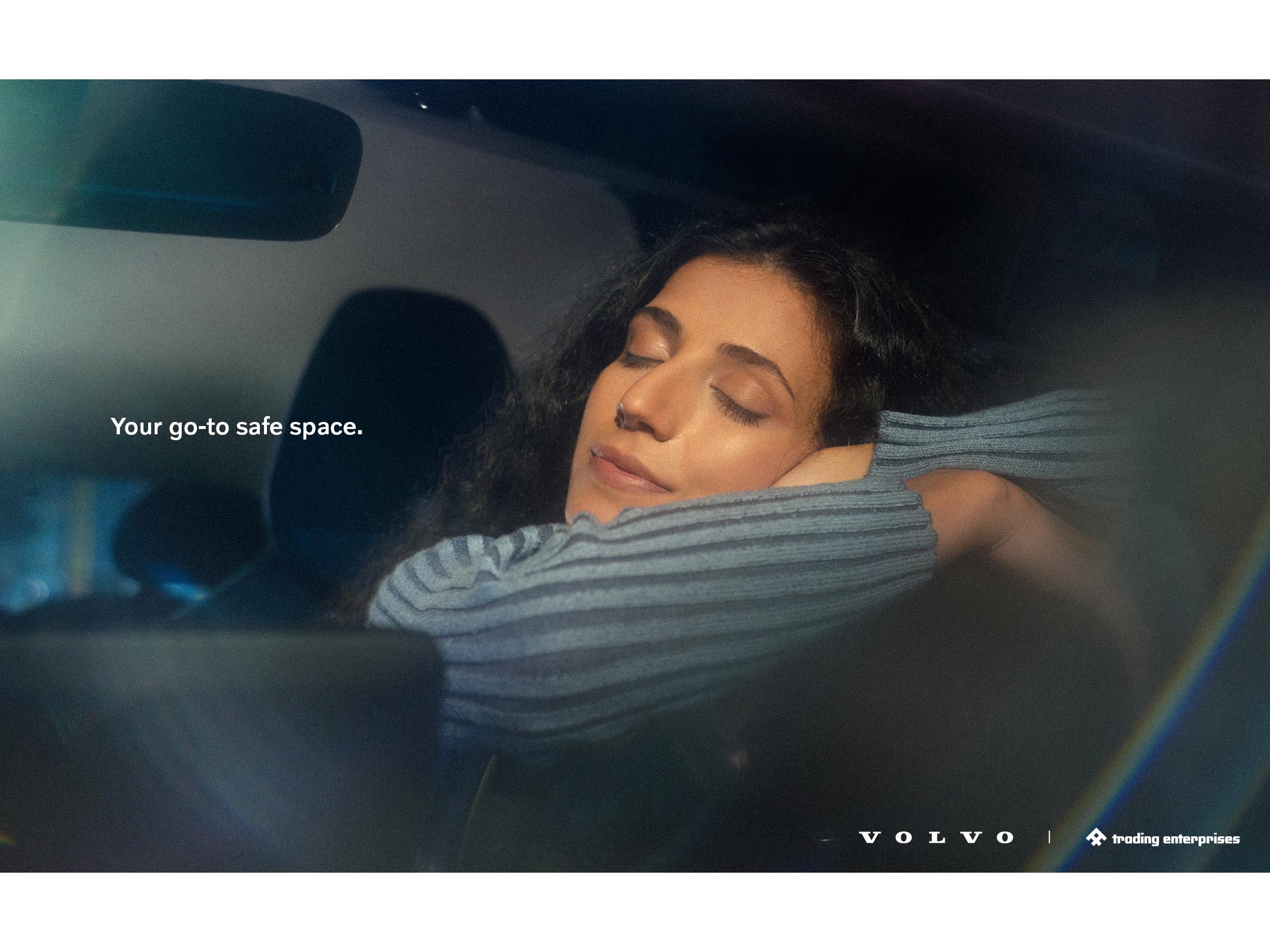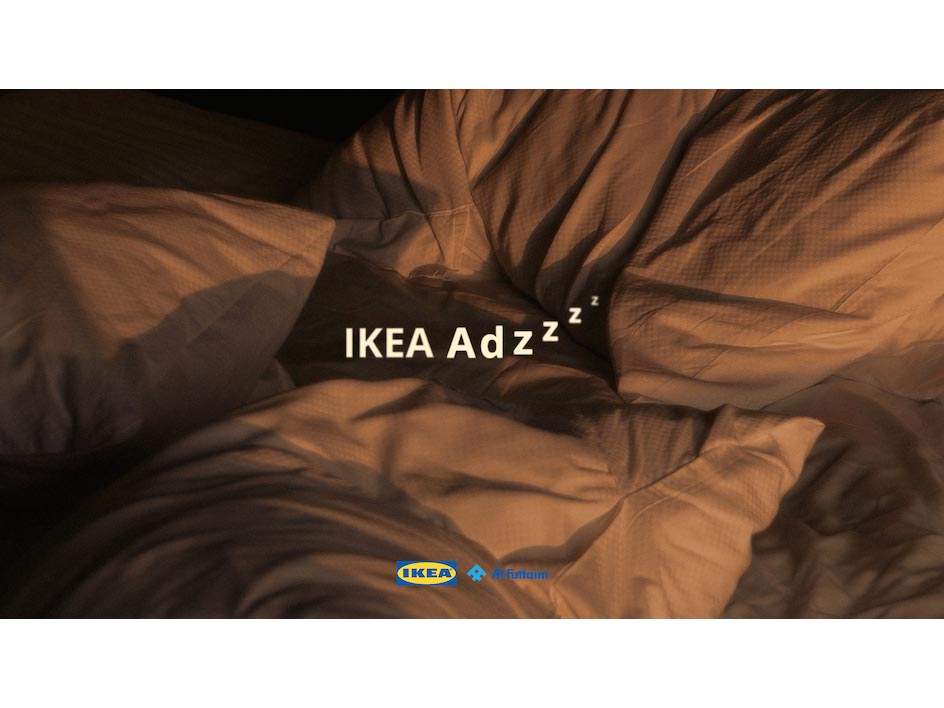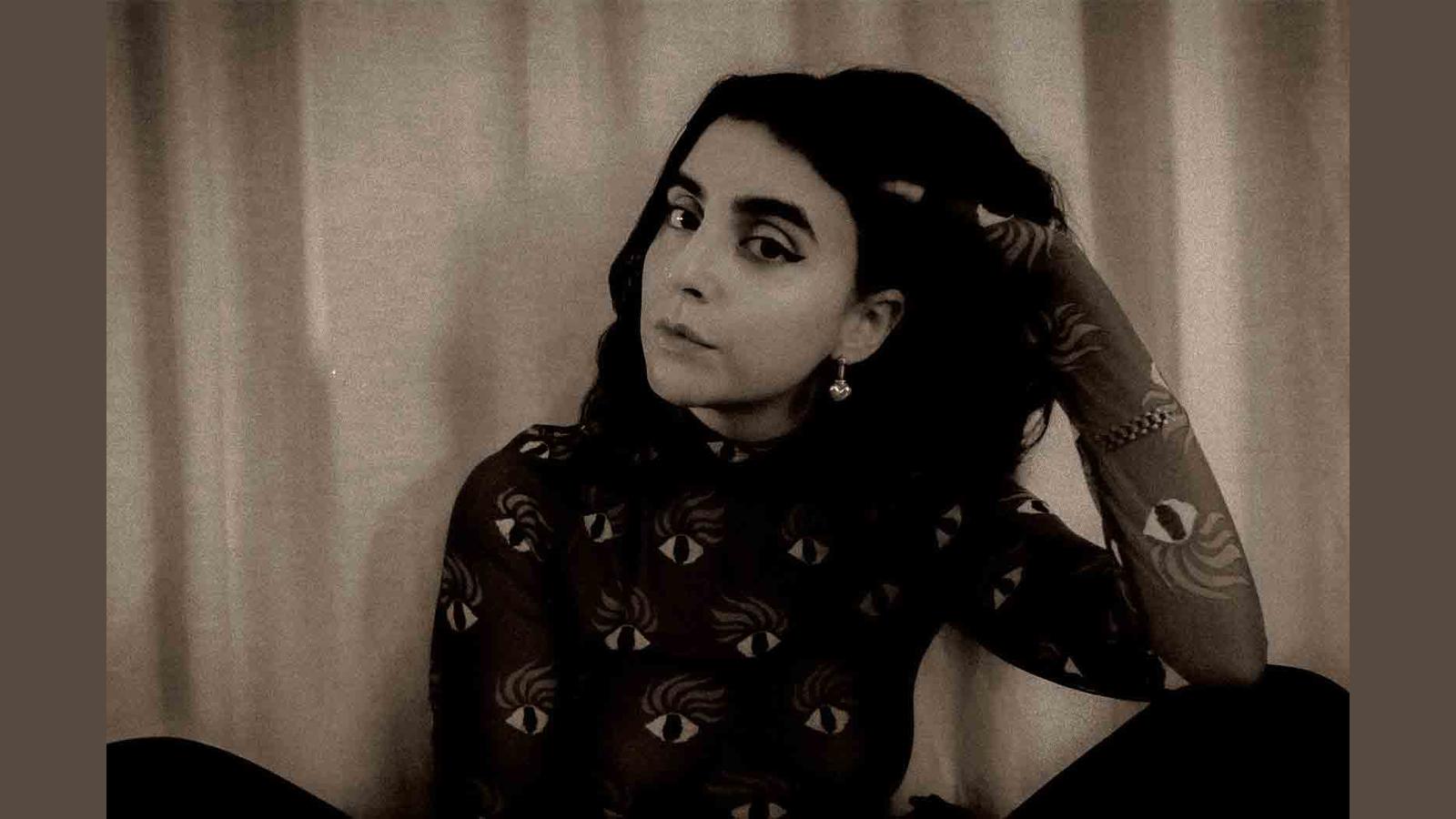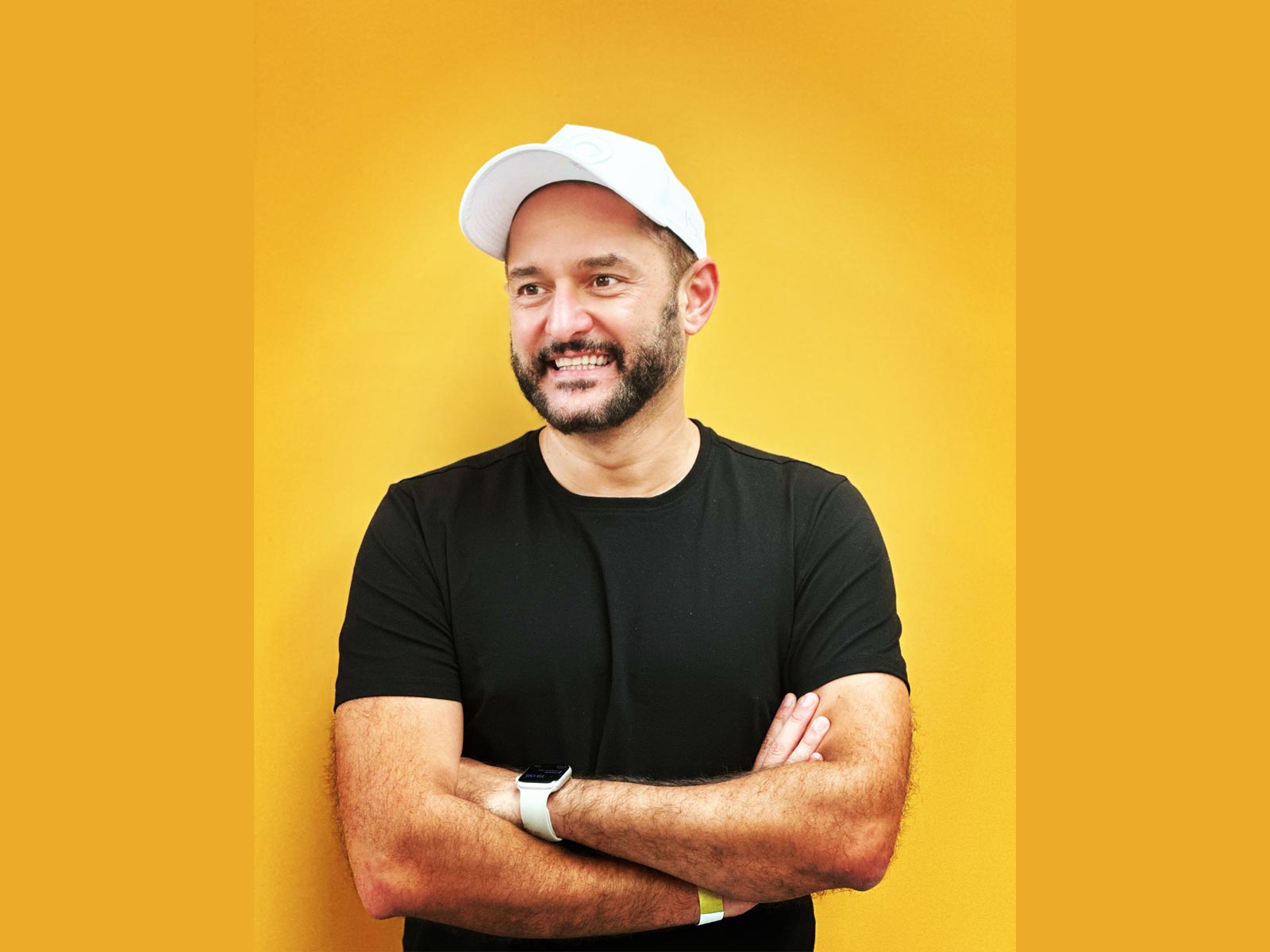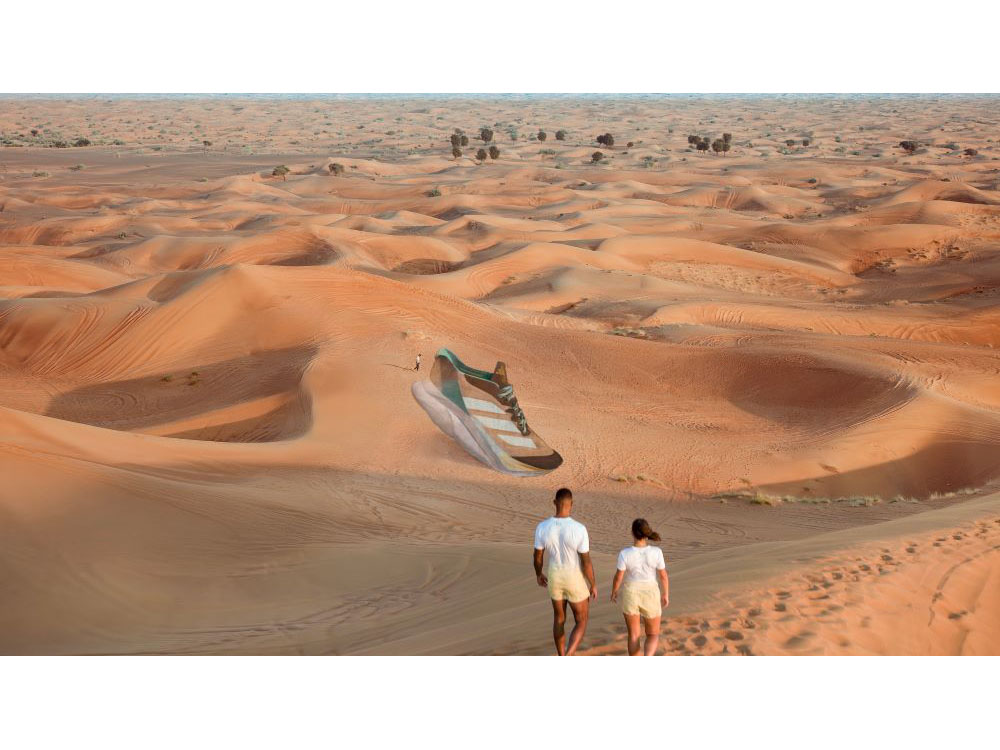Art & Design
'Uncensored Press’: Overcoming algorithmic censorship to uncover war’s truth
by ArabAd's staff
February 8, 2025
War and survival stories from the Middle East are being systematically erased from social media. Automated algorithms, intended to protect users, now flag critical images as “sensitive” or “violating guidelines,” preventing Middle Eastern journalists from sharing the realities of war. As a result, crucial information is blocked before it ever reaches a global audience, cutting off the Western world from essential narratives.
“While social media algorithms are intended to protect users, they are also inadvertently silencing essential narratives from conflict zones,” explained a representative at Al Joumhouria.
This is how the 'Uncensored Press' campaign came to life- to mainly "stand up for journalists on the ground and to remind the world that the truth must not only be told, but also be heard.”
To challenge censorship, Al Joumhouria's 'Uncensored Press' campaign, urges the public to sign a petition at uncensored-press.com and demand that social media platforms stop using algorithms as a means of silencing the truth.
In a creative effort to bypass digital censorship, Al Joumhouria collaborated with artist Keira Rathbone to recreate conflict scenes using only letters and symbols typed on a typewriter.
These intricate visuals retain the emotional and journalistic impact of the original images while slipping past automated censorship filters—proving that powerful images can endure when transformed into text. By turning to the core of journalism—words—they ensure that these vital stories continue to be told.
This campaign not only allows the public to witness otherwise suppressed images but also sparks deeper conversations about the ethical consequences of algorithmic censorship.
Al Joumhouria’s initiative reinforces the resilience of the press and highlights the urgent need for social media platforms to rethink their moderation strategies. By shedding light on these issues, the campaign delivers a strong message: critical stories should not be erased under the guise of digital safety.
Ultimately, Uncensored Press proves that censorship can be challenged, opening new doors for journalists and activists to document human rights violations without interference.
Censorship is somewhat obvious on social media. For instance back in October 2024, people began to notice that if one’s Instagram bio said “Palestinian” in English alongside the Palestinian flag and “Praise be to god” in Arabic, the app translated the text to “Terrorist.” Although Meta released a public apology yet the Israeli government made public displays of the Palestinian flag as a criminal offense in Gaza and the West Bank.
So the watermelon emoji comes as the latest example on how to bypass likewise censorship, as it confuses algorithms and let posts with keywords like “Gaza” and even just “Palestinian” make their way through. Indeed, to circumvent the ban, and overcome algorithms, Palestinians and young activists worldwide began using the watermelon emoji in mass because, when cut open, the fruit bears the national colors of the Palestinian flag—red, black, white, and green.
As the Uncensored Press campaign gains momentum, its call to action becomes stronger, amplifying the movement and increasing pressure on social media platforms to ensure that vital stories are seen.
Currently, the internet is now teeming with pictorial signs — pixelated images, emoji and other typographical codes — that signal political dissent.
The press was never meant to be silenced and as long as creative minds continue to challenge the status quo, it never will be.
By sharing and supporting these typewritten visuals, we can all play a role in making sure the truth reaches the world.


